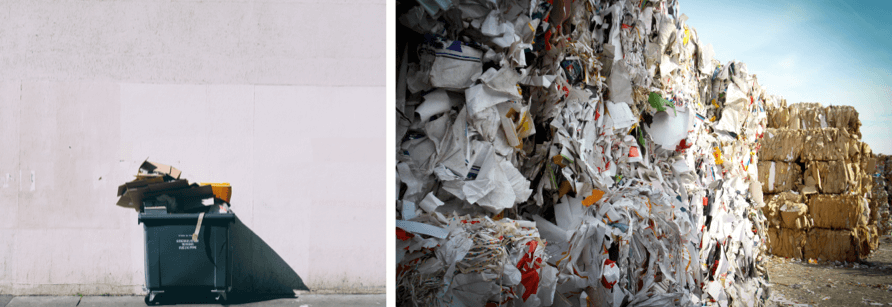Conscious consumerism is a growing trend. In fact, demand for sustainable, environmentally-friendly pet products is on the rise. And more and more people are choosing to support eco-conscious brands that place as much emphasis on creating a greener world as they do on expanding their business.
So what does this mean for the pet industry? To satisfy the new breed of eco-conscious, enviro-friendly consumers and clients businesses can incorporate a range of factors.
- Sustainable practices
- Environmentally friendly products and/or ingredients
- Reduced waste
- Recyclable/biodegradable packaging
- A commitment to positive social and environmental change
So whether you’re a retail or service-driven business, incorporating sustainable, eco-aware practices will benefit both the planet and your business.
There are a plethora of ways to showcase your responsibility towards the planet and make your business more environmentally friendly.

PRODUCTS
Grow your ‘green’ category. If you don’t already stock a wide array of eco-friendly products, now’s the time to think about expanding your product range.
Indeed. consumers are leaning towards more natural products that are safer for their pet and the planet. Consider ranges that are toxin-free, vegan and made using natural ingredients.
And when it comes to pet food, the production and transportation can have huge impact on our carbon footprint. Source responsible and sustainable pet food products that are locally-grown or locally-produced.
From pet food and grooming supplies to pet bedding, toys and collars, offering natural, organic, recyclable alternatives can help make your business stand out from the crowd.
If you operate a dog walking or pet sitting business there are lots of ways you can go green. Start using recyclable doggie bags. Ditch the plastic toys, get creative and make your own play toys for the pets you care for.
And if you are a pet groomer, switch to paraben free shampoos and natural grooming products.
Help the pet parents you work with to go green by offering up a few simple tips. For example, suggest they compost their pet’s poop, try natural pet-care products and look for organic, sustainable materials the next time their pet needs a new collar, lead or bed.

BUSINESS
Make it your mission to perform an ‘energy audit’. Look at the areas of the business that consume the most energy and ask staff to give their ideas on ways to save energy and operate a greener business.
A really easy way to green your business is to replace traditional lightbulbs with energy-saving LED bulbs. They may cost more upfront but they last much longer than regular bulbs, saving money and waste in the long run.
Look at your waste levels and consider ways in which you can reduce the amount of waste your business produces.
Assess the business’ electricity and water consumption and think about how you could potentially conserve these resources.
Just shutting down your computer every night and ensuring lights and appliances are turned off can save an enormous amount of energy over time.
To help calculate your footprint on the Earth, visit: the Footprint Calculator. It might just offer the inspiration you and your business needs to think about ways to go greener.

PRACTICES
Go paperless. Whether you hand out hard-copy bills, issue receipts or operate a manual booking system, it’s time to go digital and reduce the amount of paper you use.
There are many ways to go paperless and curb waste but make sure you let your clients and customers know what your plan is and why you are making these changes.
If you’re a pet retailer, remind your customers to bring a reusable shopping bag with them and email them their receipt.
Perhaps you might even start promoting some simple ways for pet owners to go green. For example, using compostable or biodegradable doggie bags, making use of second-hand dog kennels or buying recyclable cat scratchers.
Encourage staff to adopt greener actions. Forego plastic or paper cups in favour of BYO mugs. Ditch the hand paper in the bathroom and use towels instead (or at least use recycled paper towels). Run a weekly ‘walk to work day’ and celebrate the person who walks the most.
Many office and household cleaning products are packed with chemicals; try making the switch to eco-friendly, toxin-free cleaning aids. These are better for your health and the environment.
Becoming an eco-friendly business isn’t going to happen overnight. However, starting small and implementing quick-wins can set you on the path to a greener future.
Latest posts by Liz Walden (see all)
- Pet health: Medicinal cannabis for pets - December 27, 2021
- What pet business insurance do I need? - November 17, 2021
- Pet sitters: how to take time off - November 15, 2021










Leave A Comment